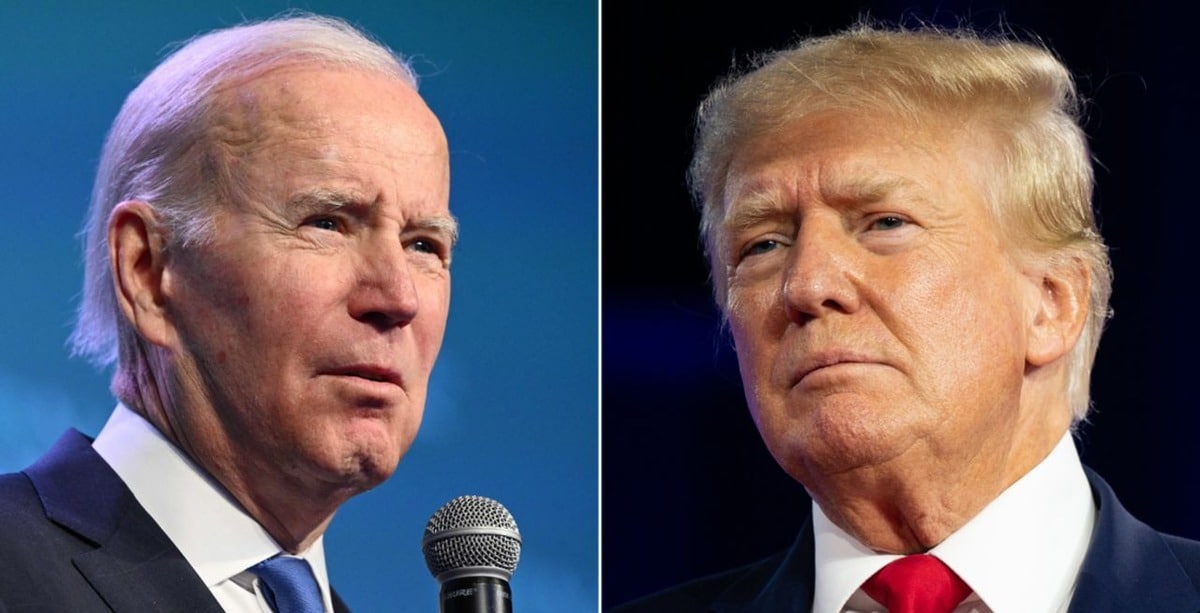OPINION: This article may contain commentary which reflects the author's opinion.
The U.S. Supreme Court is considering a major election case involving North Carolina that will have a major impact on the 2024 election, no matter how it is decided.
The focus of the case revolves around a constitutional concept known as the “independent state legislature theory.” Backers argue that state legislatures possess considerable authority in the administration of federal elections within their respective states, with limited oversight from state courts or even governors.
The high court currently deliberating on the case of Moore v. Harper, which specifically addresses the theory. However, there are concerns that the court may not reach a comprehensive resolution on the matter in time for the upcoming 2024 elections.
The Washington Examiner reports:
Moore v. Harper features a dispute over North Carolina’s Supreme Court dismissing a GOP-backed apportionment plan for being too partisan.
Republicans filed a challenge to the high court, but then conservatives managed to regain control of the state Supreme Court. The now-5-2 Republican-majority court subsequently opted to rehear the redistricting case. The court scraped its prior ruling late last month, which was the underpinning of the Moore v. Harper case pending before the Supreme Court.
There are now uncertainties surrounding whether the Supreme Court will ultimately render a definitive judgment on the validity of the independent state legislature theory.
This uncertainty stems, in part, from significant questions regarding standing, particularly after the North Carolina state Supreme Court overturned the previous ruling that was under consideration, the outlet reported.
“Should the high court fail to weigh in on the issue, state legislatures may feel emboldened to have free reign with gerrymandering, election integrity laws, and more, likely drawing major legal challenges,” the Examiner noted further.
Earlier, the U.S. Supreme Court requested additional briefing materials for Moore v. Harper, specifically to determine if it still held jurisdiction over the case. The request gave indications that the justices were mulling whether to go ahead and rule on the issue or dismiss it.
In a brief order, the court called for the parties involved to file “supplemental letter briefs” addressing the Supreme Court’s jurisdiction over the case.
Supporters of the independent legislature theory say that it’s based on a strict interpretation of the Constitution’s elections clause: “The Times, Places and Manner of holding Elections for Senators and Representatives, shall be prescribed in each State by the Legislature thereof.”
Mostly conservative experts and organizations have said the outcome of the case is vitally important in the wake of the 2020 election when a number of state courts and governors signed off on changes to voting procedures due to the COVID pandemic.
Jason Snead of the Honest Elections Project previously told the Examiner that a ruling discounting the theory could “leave the door wide open to the Left’s anti-democracy campaign, which has saturated the courts with politicized lawsuits and introduced chaos to our elections.”
But leftist legal experts do not want the high court to rule at all.
“The letter my firm filed today in the dangerous Independent State Legislature theory case (Moore v. Harper) was short, sweet, and 100% correct. ‘The Harper Respondents believe there is no non-frivolous basis for jurisdiction here,'” tweeted Marc Elias, a prominent lawyer who has done work on behalf of the Democratic National Committee and whose name was linked to the 2016 Clinton campaign.
Others, however, want the high court to issue a definitive ruling on the matter.
“I at least want them to deal with the bomb before the ’24 elections,” Justin Levitt, a professor at Loyola Law School who advised the Biden White House, told Politico.
“Backed by Republican leaders at N.C. General Assembly, the crux of the argument is that they and all other state legislators should have much broader power to write election laws, with courts mostly not allowed to stop them by ruling their actions unconstitutional,” the New Yorker reported in March.
